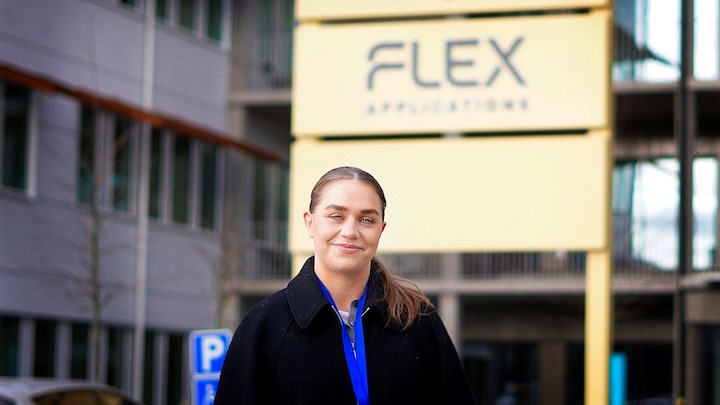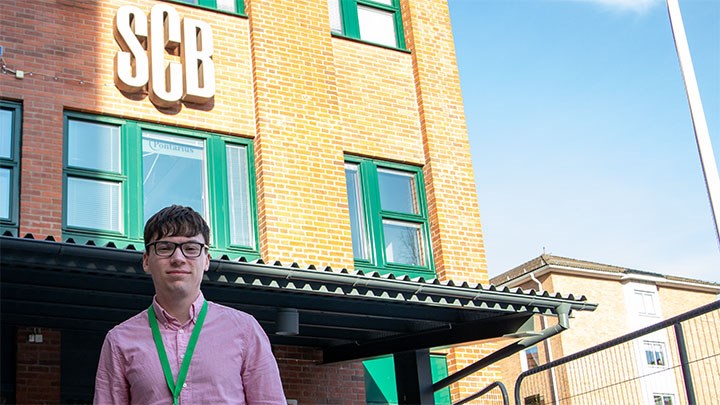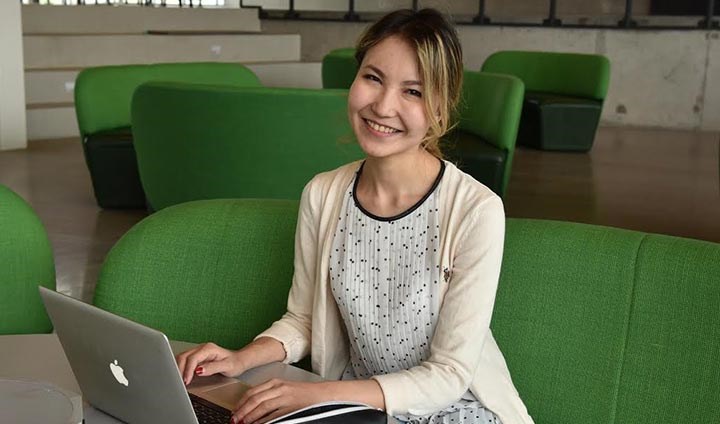During semester 1 on the programme, students take the courses Statistics, Mathematics, Second Cycle, 5 credits; Statistics, Data Visualisation, Second Cycle, 5 credits; Statistics, Probability Theory, Second Cycle, 5 credits; Computer Science, Programming for Statisticians, Second Cycle, 5 credits; Statistics, Inference Theory, Second Cycle, 5 credits; and Computer Science, Databases, Second Cycle, 5 credits.
During semester 2, students take the courses Statistics, Econometrics, Second Cycle, 7.5 credits, and Statistics, Computational Statistics, Second Cycle 7.5 credits, as well as Statistics, Independent Project, Second Cycle, 15 credits.
During semester 3, students take the courses Statistics, Bayesian Statistics, Second Cycle, 5 credits; Statistics, Survey Sampling, Second Cycle, 5 credits; Statistics, Machine Learning for Data Science, Second Cycle, 5 credits; as well as 15 credits of optional courses from the university’s range of courses. We recommend students to select courses in statistics on the second cycle, mathematics, informatics, computer science or another field of application.
During semester 4, students take the course Statistics, Work Placement for Statisticians, 15 credits, alternatively 15 credits worth of courses in statistics on the second cycle, courses in mathematics, informatics, computer science or another field of application. This is followed by the course Statistics, Independent Project II, Second Cycle, 15 credits.
Degree of Master of Science (60 credits)
Students who wish to complete their studies with a Degree of Master of Science (60 credits) take the courses and write their thesis as described for semester 1 and 2 above.






